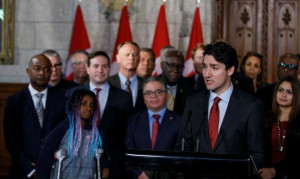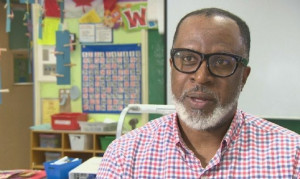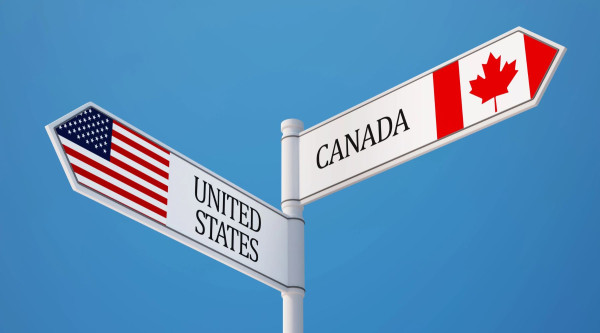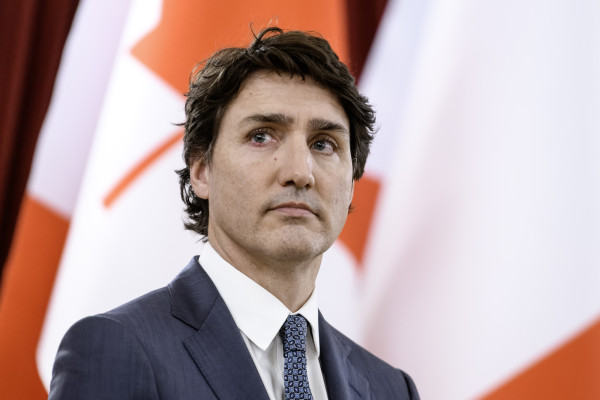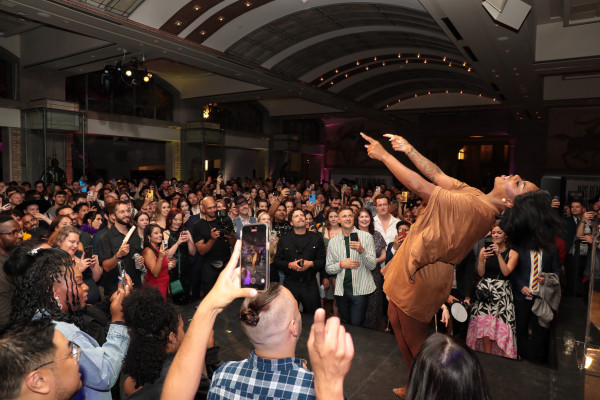If you have no idea what that means, or have never heard of this decade, don't worry you're not alone. I wrote about it back in 2015 when the Decade actually began, but I'll tackle that in a separate post.
Trudeau was flanked by a handful of people who were involved in lobbying the government to make this decision. He held a press conference immediately after, ready to take questions from the media. The Prime Minister has never stood before the media for the sole purpose of answering questions about the Black Canadian community. So I'm sure the people standing behind him were both excited and interested to hear what Trudeau might say beyond a scripted speech.
But that moment, that opportunity - was completely lost on the small group of all white journalists who began peppering Trudeau with questions about sexual assault allegations. The mood in the room reportedly grew tense, and disappointed as all the black people in it, realized their moment had been completely hijacked. No one was going to ask about the decade, none of these journalists gave a damn.
So I reached out to some Black journalists, who didn't have the privilege of joining the parliamentary press corps that day, to get their questions - on the record.
Andray Domise (Freelance Journalist)
Prime Minister Trudeau’s acknowledgement of the UN’s International Decade for People of African Descent is undoubtedly a net positive. Answering unrelated questions from the media, and thereby speaking over the Black youth and elders in the audience, was definitely not.
So here’s a question for responsible journalists to ask, the next time the Prime Minister is surrounded by people who have worked their whole lives to be recognized as equal: what support does the Government of Canada intend to offer local organizations who work to provide scholarship and employment opportunities to Black youth?
I'm sure the answer would net a few headlines.
Tammie Sutherland (CityTV News)
That news conference can be considered a microcosm for how Black Canadians are treated on a daily basis; more often dismissed than recognized.
Recognizing the “Decade” is a step forward, but what is your government going to do differently to tackle the apathy that exists in Canada when it comes to the well-being of Black Canadians? Also, the Decade started in 2015. What took so long for Canada to recognize it?
Marci Ien (CTV)
We have made many strides in our country. We have broken down many barriers. Why do you think we haven't had a Black Prime Minister?
Tracy Moore (CityTV)
How would you rate the importance of Black equality and recognition in Canada compared to the issue of women's equality in Canada? I am so deeply affected by both.
Adrian Harewood (CBC News Ottawa)
From 2005-2015, the Black inmate population in Canada grew by 69%, in comparison the Aboriginal population grew by 50%. The federal incarceration rate for Blacks is three times their representation rate in general society. What do you think needs to be done to reverse this worrisome trend and reduce these skyrocketing numbers?
Second-Generation Black Canadians face a wage gap of about 10 to 15 per cent compared with non-visible minorities. The gap persists despite similar levels of education attainment and residential location. What steps can the federal government take to narrow the gap?
Neil Armstrong (Freelance Journalist)
Given the recent apologies that have been made by the government, will there be one for Canada’s role in the enslavement of Africans? And what about reparations, what would that look like...how much?
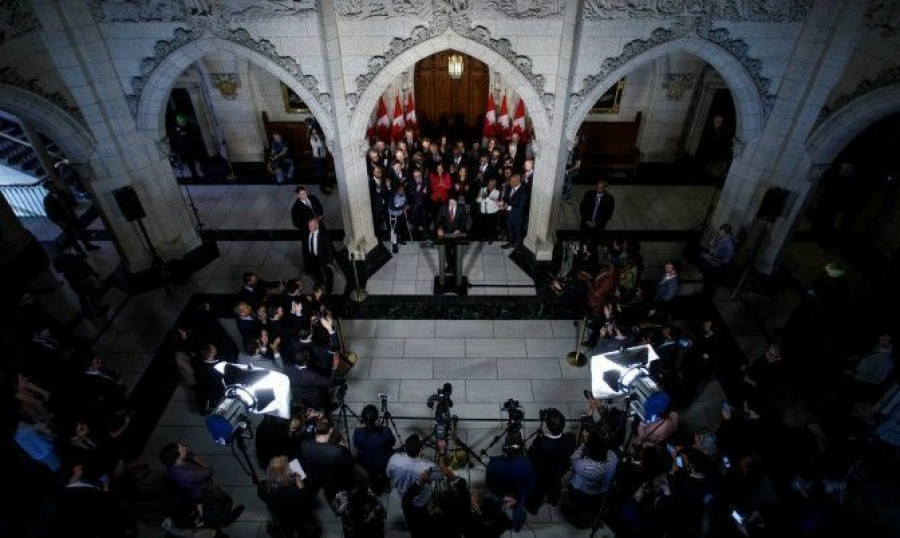
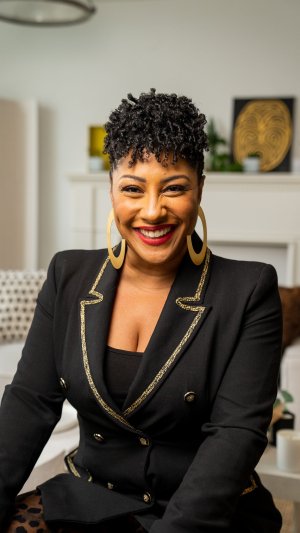 By
By 




